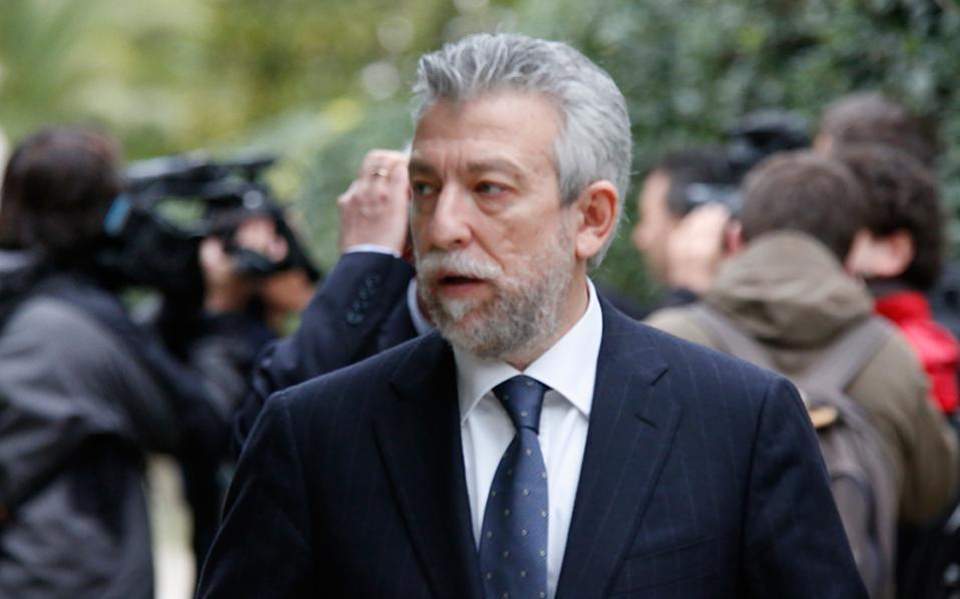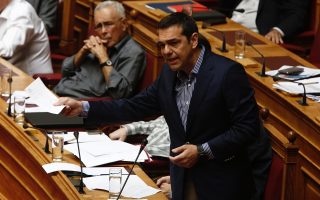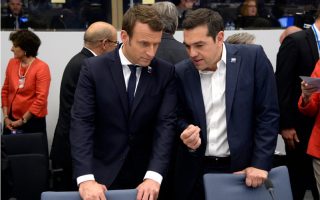Justice minister’s refusal to attend EU summit fuels political tension

A decision by Justice Minister Stavros Kontonis to turn down an invitation to participate in an international conference on crimes committed by communist regimes being organized by the European Union’s Estonian presidency in Tallinn on Wednesday intensified tensions between the leftist-led coalition and the conservative opposition on Monday.
“Communism in whatever form cannot be put on the same level as the disgrace of Nazism, the concentration camps, the annihilation of 6 million Jews and millions more conscientious objectors and prisoners of war,” Kontonis told Kokkino FM. He slammed the political opposition for “accusing the reformist Left of being Stalinist,” calling them “ridiculous and ignorant of history.”
“What we are seeing is a slide by New Democracy to the far-right, something that clashes with its post-dictatorship past and with what its big leaders, Karamanlis, Rallis, Mitsotakis, Stefanopoulos, had tried to remove from the party, the hatred left over from the civil war and anti-communism.”
His comments followed strong criticism from ND for Kontonis’s decision which, it said, “once again highlights Greek peculiarity and leads us to a kind of European and international isolation.”
“There are historical truths which should be told. Nazism and Stalinism are dark periods of European history which are obviously to be condemned by all democratic citizens,” ND said. The party added that “the different ideological starting points [of Nazism and Stalinism] and the clash between them, neither cancels out nor purifies one in relation to the other.”
The conservative party also accused leftist SYRIZA, to which Kontonis belongs, of “trying to fish for votes from the traditional left.”
In a letter sent last week to the organizers of the conference in Tallinn, Kontonis said the event was “very unfortunate… at a time when the fundamental values of the European Union are openly questioned by the rise of far-right movements and neo-Nazi parties across Europe.”
The initiative “sends a wrong and dangerous political message… revives the Cold War climate that brought so much suffering to Europe, runs contrary to the values of the EU, and certainly does not reflect the view of the Greek government and the Greek people, which is that Nazism and communism could never exist as the two parts of the same equation,” he said.





